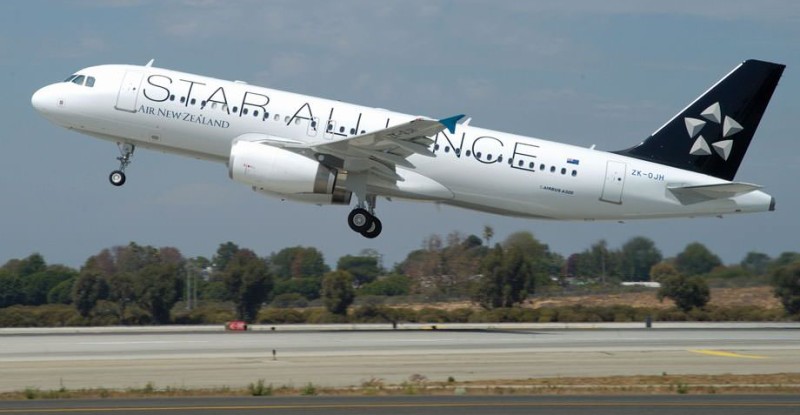As airlines look to both save money and keep their customers loyal, they seem to be playing a game of seesaw with respect to their frequent flyer programs. This game involves early initiatives that give frequent flyers attractive returns in order to lure them into the program. Thereafter there is a tendency to reduce the benefits. Airlines are betting that the allure of high status and the fear of losing hard-earned points is such that an eroding of benefits won’t result in significant attrition from their programs.
This is especially the case in geographies where there is limited competition for highly-trafficked routes. A good example is New Zealand where the incumbent airline, Air New Zealand, has a monopoly on the lucrative US routes. Other airlines don’t ply NZ-US non-stop, so the only other options New Zealand travelers have is to route through Australia and add hours to the trip. Air New Zealand has realized this and made changes to both the frequent flyer program and #PaxEx.
Sometimes these changes involve little things (moving from a nice felt amenities bag in premium economy to a cheap Chinese-packed foil bag or reducing the wine selection in economy and premium economy). However, sometimes the changes are more noticeable – a couple of years ago Air New Zealand faced a huge protest from high-value travelers incensed at what they saw as a degradation of their privileges.
Under the changes, frequent flyers using their Airpoints to book flights on the national carrier have to bid against each other to get seat upgrades. Bids can only be placed a week or more out from a flight, with the airline telling people whether their offer is accepted between three and seven days before departure.
Compare this to the approach in more competitive markets where regular upgrades for high-value customers are the norm. Not only does Air New Zealand refuse to adopt a “surprise and delight” approach to upgrades, but they’re also introducing stress upon their most loyal customers looking to purchase an upgrade. After protests, the airline partially backed down and announced top “Gold Elite” status supporters would be exempt from the system – but would not be able to upgrade more than one seat class.
Part of the reason for the status degradation has been the increasing number of customers who make gold and elite status. In recent years both in a bid to find alternative revenue streams, and to attract customers to the franchise, Air New Zealand has partnered with credit card providers to allow cardholders to earn frequent flyer points on their credit card spend. While this has been lucrative in the first instance, it has also meant that far higher numbers of travelers qualify for different status tiers. This has increased the load on lounges and the demand for paid upgrades. It has also created a significant balance sheet liability for the airlines in the form of Airpoints balances.
The natural thing for airline accountants to do is increase the cost of upgrades and decrease the benefits accruable by frequent travelers – in encouraging people to sign up and earn points, airlines have created a rod for their backs that can result in customer dissatisfaction.
Related links:
- Will loyalty cuts make us loyal to ourselves?
- Air New Zealand CEO on balancing profits and passenger experience
- Air New Zealand sours relationship with some NZ winemakers
- Air New Zealand explains decision not to offer connectivity on 787-9
- AMEX gives passengers another reason to drop their airline loyalty











